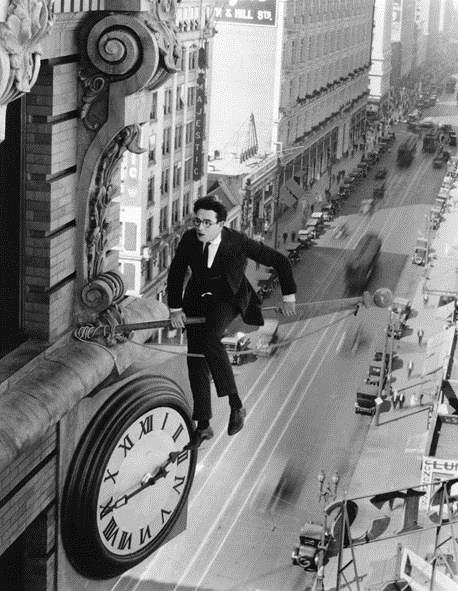By Thaís Luiza Donega e Souza, Marislei Nishijima and Ana Cláudia Polato e Fava
We evaluate the effect of critical reviews by consumers and experts on a film’s running time at movie theaters in the United States. In addition to the usual expert critics’ reviews, we employ the consumer reviews rating and their affectivity about films as a measure for the consumer influence effect. We find evidence of consumer rating matter in keeping a film running longer at the theaters, but experts’ ratings have a larger influence on the movie market as a whole.






Recent Comments